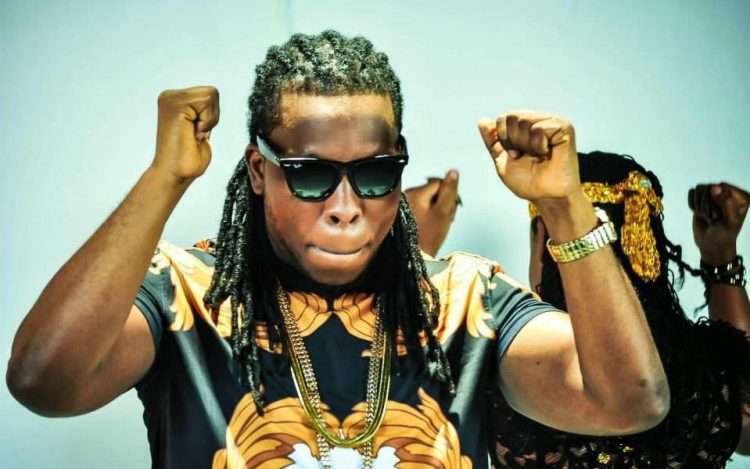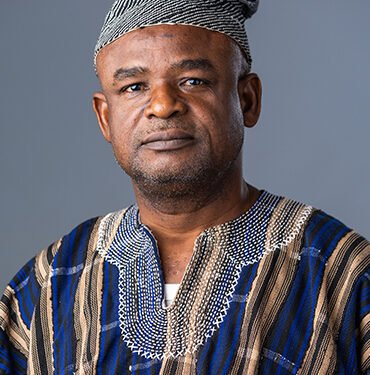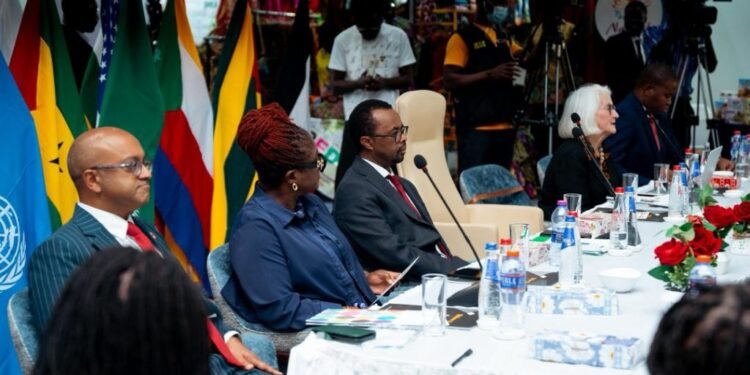In recent years, Ghana has emerged as a vibrant hub for music, with its diverse genres attracting attention both locally and internationally.
From highlife to afrobeats, the country’s musical landscape is rich and varied. However, despite the undeniable talent that exists within the industry, the notion that a single artist can elevate Ghana’s music scene is a fallacy.
The reality is that collaboration among artists, producers, and other stakeholders is essential for the growth and global recognition of Ghanaian music.
Ghanaian musician Edem has emphasised the importance of unity and support among Ghanaian artists.
He said artists need to encourage each other and support each other in the best way they can. “I don’t think one artiste can blow the name of Ghana. No, I don’t believe in that,” he said.
He cited how Nigerian musician win by lending a hand to each other.
“Artists like Burna Boy, Wizkid, Davido, Rema, and Ayra Starr have contributed to Nigeria’s success in the music industry. And so if one man thinks that I can be the only one to take Ghana, that would not work. So it has to be, we support each other, we collaborate, we push everybody.”
Edem
Collaboration in music is not a new concept; it has been the cornerstone of many successful genres worldwide. For Ghana, collaboration takes many forms, from featuring other artists on tracks to co-producing albums or organizing joint performances.

Such partnerships lead to a fusion of styles, creating unique sounds that resonate with a broader audience.
For instance, the collaboration between Ghanaian rapper Sarkodie and Nigerian superstar Wizkid on the track “Borga” exemplifies how cross-border partnerships produce hits that appeal to fans across West Africa and beyond.
Moreover, collaboration fosters creativity. When artists come together, they share ideas, techniques, and influences that inspire new directions in their music.
This cross-pollination is vital for innovation, which is necessary for any industry that seeks to remain relevant. A prime example is the collaboration between Ghanaian musician Shatta Wale and American rapper Beyoncé on the remix of “Already.”
This partnership not only showcased the talent of both artists but also placed Ghanaian music on a global platform, attracting new listeners and fans.
Increased Visibility, Market Reach Through Collaborations

The music industry is competitive, and for Ghanaian artists to gain the recognition they deserve, they must broaden their reach. Collaborations significantly enhance visibility, introducing artists to new audiences.
When two or more artists collaborate, they bring their fan bases together, creating a larger platform for their music. This is particularly important for Ghanaian artists who struggle to penetrate international markets alone.
Furthermore, collaborations with international artists serve as a gateway for Ghanaian music to enter the global mainstream. The success of Ghanaian afrobeats has already shown the world the potential of the genre, but it is through strategic collaborations that the music achieves greater heights.
For instance, the partnership between Ghana’s Burna Boy and international stars like J Balvin has not only elevated his career but has also spotlighted Ghanaian music on a global scale.
Edem spoke about why he decided to make a surprise appearance at Stonebwoy’s concert in Boston, which was just a four-hour drive from his location.
“So I was in the US for the Grammy weekend. Gambo and I performed at the Grammy pre-party. Then, I flew back to Ghana in January and was supposed to return to the US in February. When I saw Stonebwoy’s tour dates, I congratulated him and decided to attend one of his shows. I informed my team and US handler, and we drove to the venue. Stonebwoy was thrilled to see me, and we spoke at his hotel.”
Edem

Collaboration extends beyond artists; it encompasses producers, sound engineers, marketers, and even visual artists. A supportive ecosystem in the music industry is crucial for nurturing talent and ensuring sustainability.
Initiatives such as music festivals and collaborative projects help foster a sense of community, encouraging artists to support one another rather than compete.
The assertion that a single artist can elevate Ghana’s music scene is an oversimplification of a complex industry. Collaboration is not just beneficial; it is essential for growth, innovation, and visibility.
By working together, Ghanaian artists create a powerful collective identity that resonates on both local and global stages.
As the music industry continues to evolve, embracing collaboration will be the key to unlocking the full potential of Ghana’s rich musical heritage.
READ ALSO: Agriculture: The Backbone of Every Country























